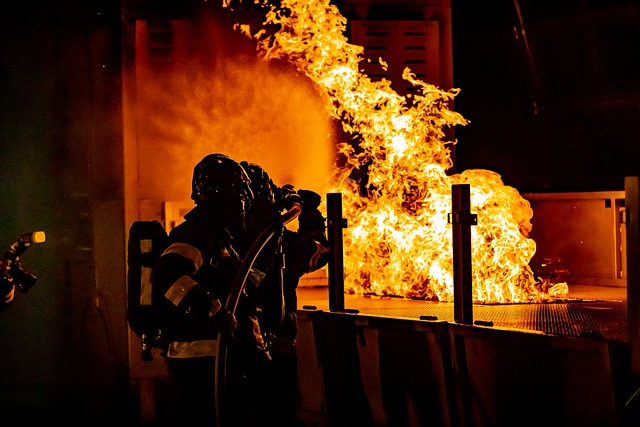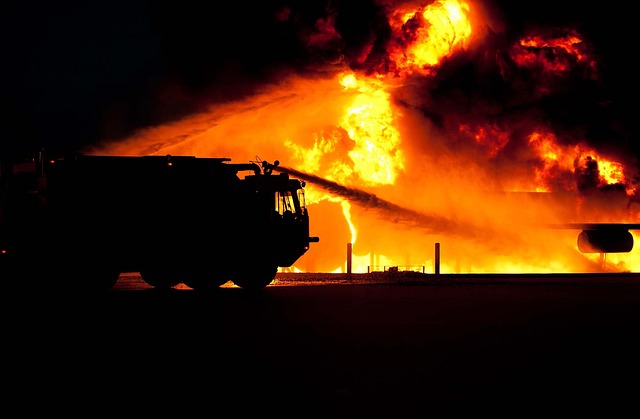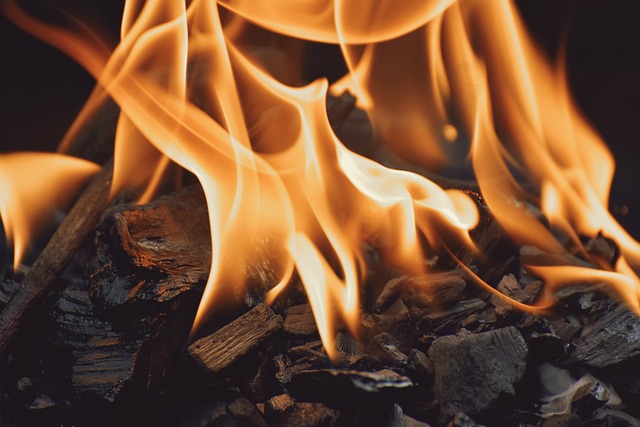After a fire, Chicago residents must quickly navigate the complex process of filing insurance claims and selling fire-damaged property. This involves immediate insurer contact, thorough damage documentation (photos, repairs, asset sale records), and understanding policy terms for maximum settlement and ethical sales practices. Transparency about the fire history is crucial when listing "as is" to avoid legal issues. Key focus: selling fire damaged property Chicago.
“In Illinois, navigating fire insurance claims is a crucial step for homeowners and businesses after a devastating fire. This article guides you through the intricate process, specifically focusing on the unique aspects of fire insurance in Chicago. Understanding your rights and responsibilities is essential when selling fire-damaged property in this vibrant city. We’ll explore do’s and don’ts to ensure you make informed decisions, from documenting damage to negotiating with insurers. By the end, you’ll be equipped to navigate this complex landscape.”
- Understanding Fire Insurance Claims Process in Illinois
- Selling Fire Damaged Property in Chicago: Do's and Don'ts
Understanding Fire Insurance Claims Process in Illinois

In the aftermath of a fire, understanding the Illinois fire insurance claims process is crucial for Chicago residents and business owners looking to recover from their losses. The first step involves contacting your insurance provider to file a claim as soon as possible. This initial communication sets in motion a series of events that include documenting the damage, providing detailed reports, and submitting necessary paperwork. It’s important to keep thorough records during this process, including photographs of the fire-damaged property in Chicago and any repairs or sales of assets resulting from the event.
After your claim is filed, insurance adjusters will assess the extent of the damage, which can significantly impact the settlement amount. Selling fire damaged property in Chicago may be an option considered by policyholders to offset recovery costs, as some insurers allow for the sale of salvageable items after a fire. However, it’s critical to familiarize yourself with your policy terms and conditions regarding such practices to ensure compliance and maximize claim benefits.
Selling Fire Damaged Property in Chicago: Do's and Don'ts

When a fire strikes, selling fire-damaged property in Chicago can be a complex process, especially with the emotional toll it takes on homeowners. However, knowing the do’s and don’ts is essential to navigating this challenging situation effectively. First, document every aspect of the damage thoroughly, including photos and videos, as this will be crucial for your insurance claim and potential buyer assessments. Next, evaluate the property’s market value post-fire, considering both repair costs and reduced demand in the real estate market.
Don’t attempt to sell immediately without proper preparation. Avoid listing the property “as is” without consulting a professional first; it’s advisable to seek expert advice on repairs or potential demolition, which can significantly impact your selling price. Furthermore, be transparent with potential buyers about the fire history and any ongoing legal matters related to the claim to ensure ethical sales practices in Chicago.
In Illinois, navigating fire insurance claims and understanding the process is crucial for homeowners in Chicago. When facing fire damage, knowing how to sell fire-affected property can be a game-changer. By familiarizing yourself with the do’s and don’ts of selling fire damaged homes in Chicago, you can ensure a smoother transition during the rebuilding process. Remember, prompt action and thorough documentation are key to maximizing your insurance benefits and efficiently selling your fire-damaged assets.






